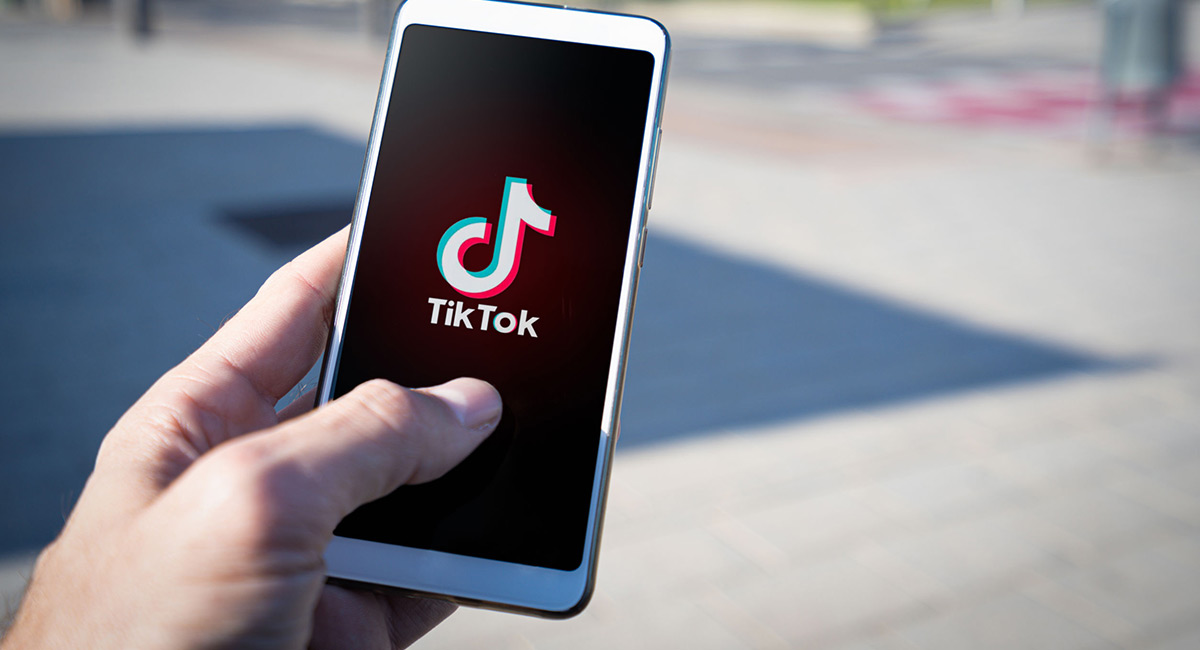President Trump, in his frenzy to blame China for almost everything to get re-elected, unilaterally issued an executive order, without due process, to ban from the United States for security reasons in 45 days, TikTok, a Chinese-owned app used by primarily young people to transmit funny dance videos. (Trump also banned a popular Chinese messaging app WeChat.)
Although American media have covered the story primarily as a tech issue, it has never explored how preposterous Trump’s allegation is that TikTok is somehow a security threat to the United States.
Yet this phenomenon is nothing new. The media’s default position is to defer to the U.S. government on security issues, even though historically a litany of governmental lies, exaggerations, distortions and errors has occurred behind the veil of government secrecy.
For example, government shenanigans have surrounded even important events, such U.S. involvement in the Mexican War, the Civil War, World War I, World War II, the Cold War, the Vietnam War and the invasion of Iraq. Thus, the failure to question Trump’s dubious assertion that TikTok poses a dire threat to U.S. security in this far less important case is irresponsible.
In the case of TikTok, the U.S. government has alleged that the Chinese government might use the app to spy on U.S. government employees and contractors, to get access to the personal data for the purposes of blackmail, to engage in corporate espionage, and to conduct disinformation campaigns in America. However, experts tell us that Chinese companies are sometimes pressured to give their government important security data but, in most cases, the companies can resist other governmental data requests.
Instead of an outright ban, an obvious better solution would be to prohibit government employees and contractors from using the app. Corporations have an incentive to evaluate the prospect of their employees’ use of the app in compromising their company secrets, without the necessity of government intervention.
To date, Trump has seemed to be little concerned about foreign disinformation campaigns in the United States—especially the Russian disinformation campaign designed to help him win the 2016 election—but such campaigns should be countered with better information, not the government’s banning of media.
Even if the Chinese government got American youngsters’ data, so what? Private companies all over the world get their personal data every day. More important, it would be far worse if garden variety criminals purloined youths’ data.
Another allegation is that China could somehow censor or manipulate the platform and its fun videos. To make them not so much fun? This is a rich accusation, given the fact that Trump is trying to ban the entire app! And wouldn’t this action have First Amendment implications for our own freedom of speech and expression—of which Trump has not really been a well-known defender.
Finally, the administration has argued that China is now such a general security threat that the United States needs to show it means business by taking the Chinese tech sector down a notch. A rising and more assertive China bears watching, but the country is now only a regional military power, and the United States intervenes militarily in China’s region (East Asia), while China is not doing so in the U.S.-dominated Western Hemisphere.
Chinese hacking of U.S. computer systems has become a problem, but so has hacking from Russia (as noted, in the 2016 election), Iran, North Korea and other nations. And if past and recent suspicious events in Iran are any indication, the United States and Israel may be computer hacking unfriendly states—maybe even against Chinese targets.
But perhaps an American cavalry—Microsoft—will gallop to the rescue and buy TikTok. Trump seems to be OK with that alternative, but this option won’t give him as much red meat to toss to his largely xenophobic base, as would just banning it outright.
However, it should dawn on Trump that doing away with TikTok might further alienate youngsters, some of whom are eligible to vote. Young voters usually have low turnout rates at the polls, but if Trump took TikTok away from them, they could get riled up enough to up their game against him in an election in which it looks as if he’ll need to discourage every vote against him.
However, there doesn’t need to be an American takeover of TikTok to save national security, because TikTok poses very little danger to it in the first place. If Trump bans TikTok, why not the multitude of other Chinese products coming to the United States?
Previously, to pander to his political base, he mainly bashed China by starting a needless trade war and imposing higher tariffs, which while costly to American consumers, did not prohibit Chinese products from the U.S. market. Finally, Trump’s ban of TikTok should make consumers skeptical that Trump’s war against Huawei, a Chinese communications company, is also less about national security and more about trying to get re-elected.

















